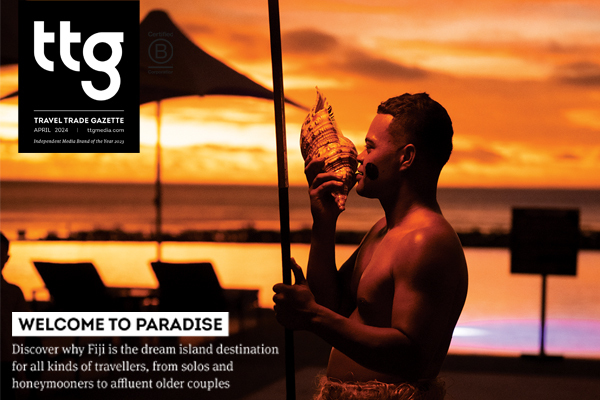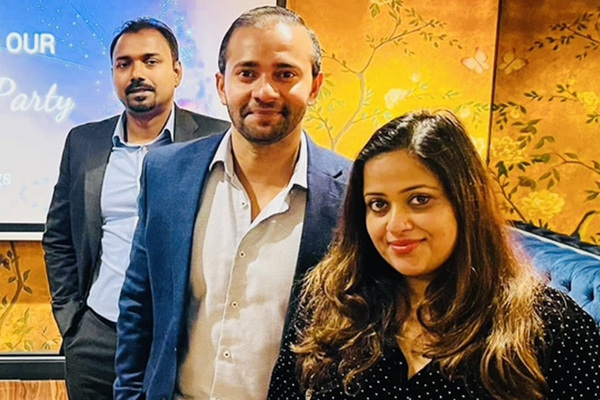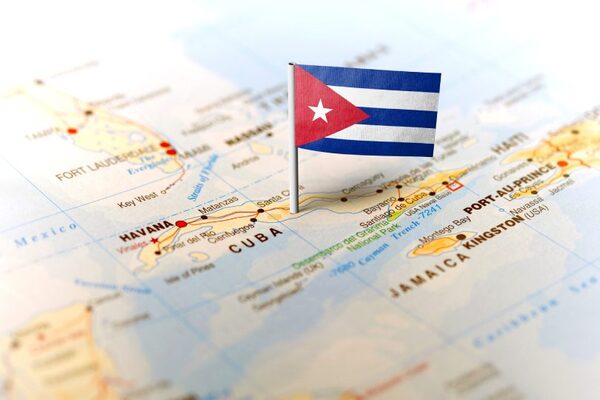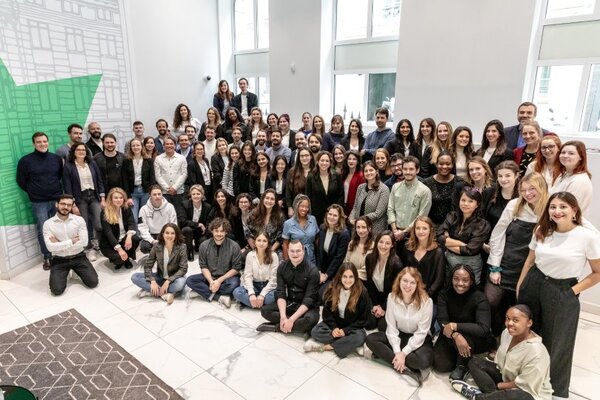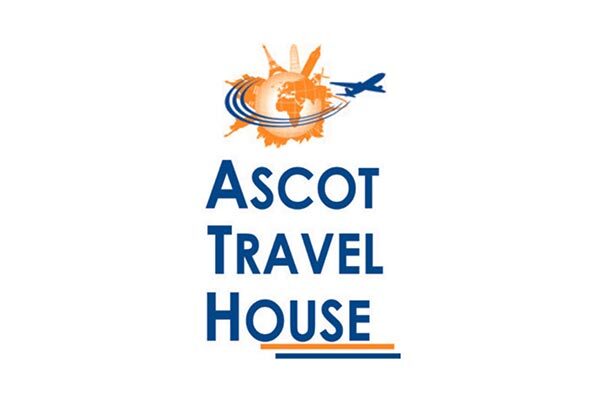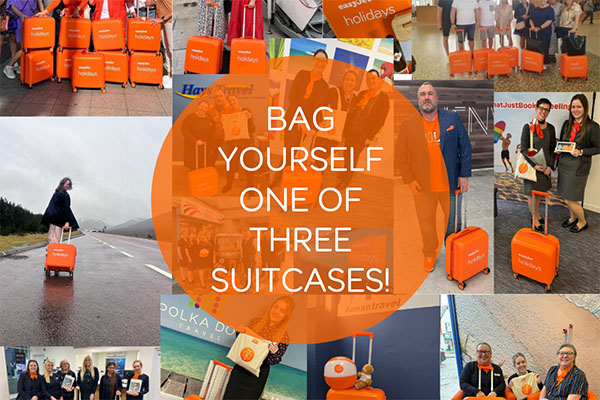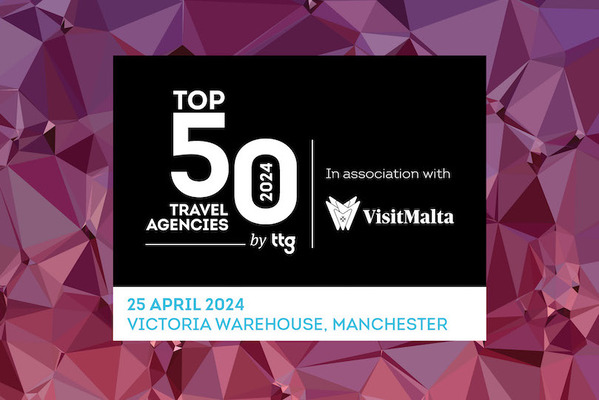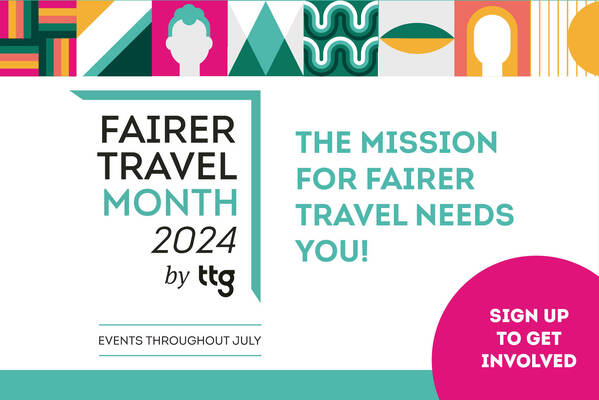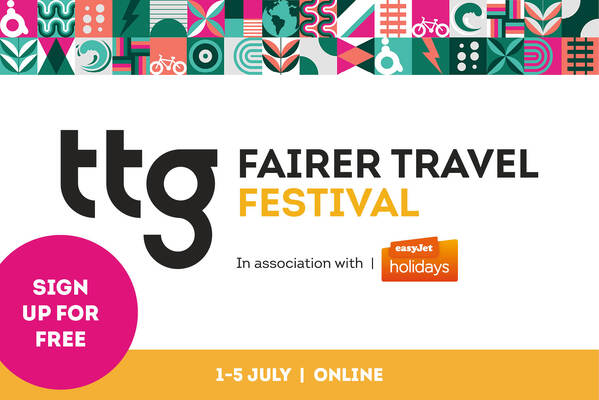The perks of building a bespoke CRM
A custom-built CRM for your business may not just improve back-office efficiency but could also generate sales leads and help with training staff. By Andrew Doherty.
At their simplest, customer relationship management systems (CRMs) are tools that businesses use to manage client data. They support sales management, facilitate marketing incentives and deliver insights into travel trends – from identifying the destinations clients are booking to the type of experiences they are looking for.
Chris North, managing director at travel technology supplier Vertical Systems, says the benefits of a CRM come from its ability to monitor all aspects of the business in one place.
“By using a CRM, you know exactly how the business is performing by clearly showing how much it is making and what it’s losing. Furthermore, the process of handling an enquiry is much more streamlined and efficient.”
Building a bespoke CRM specifically tailored for your business model can improve back-office efficiency and generate savvy marketing materials that can increase sales. We ask three agencies how they went about the process and trained their staff on the new systems, as well as whether having a bespoke CRM has ultimately improved business.
The basics
Derek Adams, director at Spear Travels, says building the company’s InSpearational Travel CRM in 2008 was a necessity, as off-the-shelf systems were not suitable for the way they ran the business.
“At that time, you would have to run your business according to how the CRM systems on the marketplace worked. We couldn’t find a compromise that worked for us. We have 13 branches in the group and 20 homeworkers. We needed a system that would work across the entire business model.”
Waseem Haq, director of digital and innovation at Travel Counsellors, says the primary driver behind building a bespoke CRM system 12 years ago was for its agents to better understand its customers’ needs and therefore sell to them more efficiently.
“We included all the basic details of the client. Information about their travel preferences means we can integrate them into the booking process much more quickly and make it easier for future bookings. It also has marketing functions that manage all of the customer’s preferences with regards to the materials they want to receive.”
For Ed Texier, group marketing manager, Meon Valley Travel, building a bespoke CRM for the business’s leisure division was a “no-brainer” after seeing a 50% increase in efficiency from its business travel branch.
“We were also paper-heavy and needed to be more efficient,” he says. “We needed to be able to engage with clients in a more meaningful, personalised way while still coming across as knowledgeable.”
Nicki Lahiri, office manager, leisure, Meon Valley Travel, says the system facilitated a more professional approach to the way quotes were sent.
“We have a corporate look and feel that we could personalise for each individual consultant, depending on who they were engaging with. We also use it for chasing balances. The CRM generates timelines, so you know when you need to chase the customer. It also generates welcome home letters and ancillaries.”
Facilitating sales
Adams says CRM marketing benefits include the ability to design mailshots that are specific to each of Spear Travels’ agencies.
“If one of our branches wanted to do a mailshot to people who had gone on X amount of holidays in the last couple of years, it’s very easy for us to do a bespoke letter quickly. It gives us the flexibility to do what we want, when we want, on the scale we want.”
Admitting that the off-the shelf CRMs may share the same functionalities as a bespoke system, Adams cites cost-saving as a major benefit of investing in the latter.
“It costs us nothing to access our system. If we had a CRM from the marketplace we would pay per user per month and whatever other charges there are.”
Adams explains that Spear Travels’ CRM also enables the business to be GDPR-compliant, adding: “The system calculates the time from when the client’s data is received to the point in time when we need to remove it from the system or give the customer the option to stay on our database.”
Meon Valley Travel has seen positive ROI since it implemented its new CRM, with conversion rates up 25% in the leisure travel division.
Texier says: “On a weekly basis, we analyse the activity driven through our CRM. We drill down into the nitty-gritty to see what’s been happening in the last seven days and compare that to the previous weeks’ report, which is great to base our ongoing marketing on.”
The agency has also seen benefits with regard to the development of its staff, adds Lahiri.
“I have a complete overview of everybody’s dashboard,” she says. “I can see who has what work to do. I can also see if there are any gaps in somebody’s product knowledge, so I can buddy them up with a colleague or arrange online training for them.”
Top tips
Haq said there were key considerations when building a bespoke CRM.
“People will often build a piece of technology and think the job is done. We don’t see it that way,” he explains. “We see it as a programme of continuous improvement – we have a dedicated development team that is continuously improving it. We have a customer panel to test activities with and they give us insight into what is working and what’s not.”
Adams reveals that savvy staff training at Spear Travels, which involved trailing a dummy of the new CRM, ensured the team was confident with the features of the new. bespoke system.
“We ran it for a month, inputting every booking and piece of data before we went live on the new system,” he says. “The staff spent a lot of time training until we were certain that everything was running the way we needed it to be.”
Lahiri advises agents to be careful when implementing a new CRM and says having frontline technology support is a must.
“Technical issues should be handled by someone who is already working closely with the business. This means they can support staff without causing too much frustration. Be careful when you implement it too – you don’t want to introduce a system in peak season. And choose a time when you haven’t got lots of staff on holiday.”
THREE OPTIONS FOR OFF-THE-PEG PLATFORMS
1. Vertical Systems’ vCRM is equipped with features that enable agents to allocate quotes to different members of staff and maintain a complete history of each booking from start to finish.
2. From £30 per user per month, Dolphin CRM helps consultants easily spot sales patterns with a graphical dashboard of reports.
3. Although not strictly for the travel industry, Salesforce offers a mobile app for Android and iOS that features real-time reports so agents can check any outstanding bookings while out and about.

